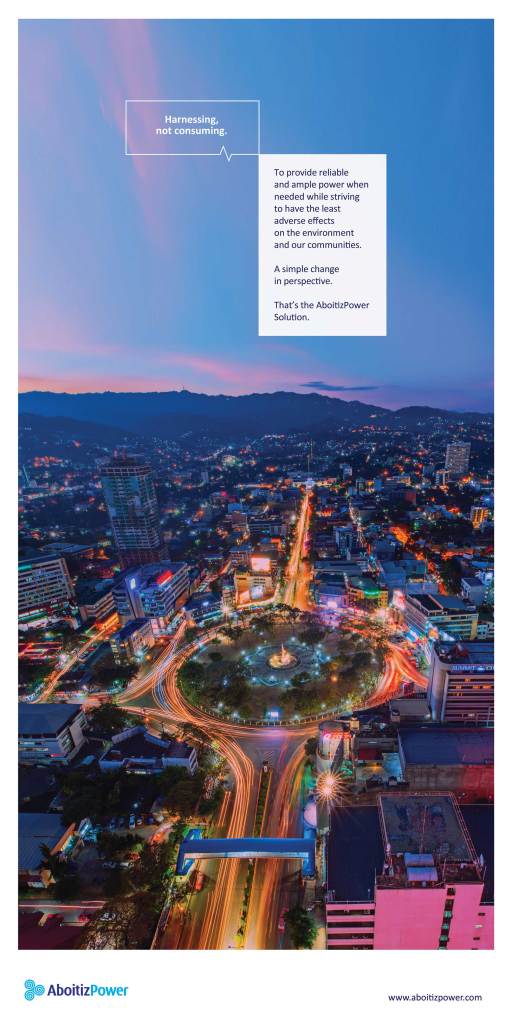Covering Duterte after year one
Covering Duterte
Covering Duterte after year one
JOEBERTH M. OCAO
September 2017 ( CJJ12 )
Three journalists assigned to Malacañang, one of whom reports for a community newspaper, tell about some changes in protocol for the press corps but not much in the president’s way of giving information and dealing with media. It’s still a tough struggle for reporters to get him right, given his propensity to exaggerate, crack jokes, go into fits of anger, and take unclear or shifting positions. But the tips and explanations from Duterte himself and his communicators may help.
JOURNALISTS agree that Rodrigo Duterte is straightforward and down to earth even after he won as president, yet his relationship with the press was never smooth sailing.
His early days into the presidency saw Duterte castigating journalists in public like those from Manila-based news organizations whom he believed were unfair in their reportage of his administration, particularly in his fight against illegal drugs.
It was a “touchy” relationship, so to speak, yet his first few months also saw two orders perceived to be beneficial to journalism and the journalists.
In July last year, Duterte issued an executive order promoting access to information. About four months later, he created, through an administrative order, the “Presidential Task Force on the violation of the right to life, liberty and security of members of the media.” The task force aimed to provide security to journalists under threat and to monitor the cases of journalists who were killed.
Last year, the Center for Media Freedom and Responsibility (CMFR) warned: No president owes the press a rose garden—if he makes it difficult to get the story right, that is the problem they must accept as part of the turf. But this should also make journalists more vigilant about how they cover Duterte. Clearly, the president’s approach to policy-making and his mindset about the media suggest a bumpy and challenging ride ahead.
A year after he took oath as president, what has changed in the Duterte-reporter dynamic?
“Overall, his treatment of journalists did not change. The love-hate relationship is still there, something that is healthy for a democracy,” says Alexis Romero, who covers Malacañang for The Philippine Star.
He said the President is still accommodating to the media, but certain security protocols now have to be observed. Ambush interviews, for instance, are now discouraged. Prince Golez of Panay News says the same.
“Unlike in the early days of his presidency, strict protocols for media covering the President are now in place. A designated area for reporters and their crew are also provided in the venue. Covering media are also advised early on whether an ambush interview may be carried out. This would avoid unruly journalists,” Golez says.
And with his tight schedule now, press conferences are no longer that frequent. Last year, Duterte held press conferences at midnight streaming down to dawn, recalls The Philippine Star editor Giovanni Nilles, who took a special assignment of covering Duterte’s early days in office.
“He used to call press conferences at unholy hours (at one time, Malacañang reporters were advised to stand by at 10 p.m., when they were already at home, for a press conference which started past 1 a.m. and ended at around 4 a.m.),” Nilles shares.
With coverage protocols in place, Golez believes the President also needs to step up.
“The chief executive has built a reputation for being late all the time. He should make an effort to turn up to events on time,” Golez says.
Giovanni Nilles of The Philippine Star at the briefing room in Malacañang. (Contributed photo)
Romero also believes Duterte “needs to express himself in a clearer manner.” “If he is misinterpreted, the media gets the blame,” he says.
Nilles says it was difficult to distinguish fact from fiction in the President’s “cryptic answers.”
Last year, shortly after he won the May elections, Duterte figured in the headlines when he said many journalists in the Philippines were killed for being corrupt. “Kaya namamatay kasi karamihan diyan nabayaran na. They take sides or sobrahan ang atake, getting personal… just because you are a journalist you are exempted from assassination…” he was quoted as saying.
Instances like these, Duterte’s use of “undiplomatic” language, leave his officials scrambling to the press to clear his points.
Even this has proven to be chaotic. “Unfortunately, there have been instances wherein the statements of Duterte’s spokesman do not jibe with the real message of the President. Worse, the spokesman does not immediately reply to journalists seeking clarifications on his principal’s remarks,” Romero says.
For that comment on media killings, Duterte’s spokesperson, Peter Laviña, would then say Duterte’s statements were “taken out of context, misinterpreted and misunderstood.”
In an article by ABS-CBN, Laviña said the president’s comments were based only on his own assessment of journalists killed in his turf, one of whom was Jun Pala, a hard-hitting critic who was killed in 2003, “and not on the national scale.”
Until today, Duterte continues to accuse ABS-CBN and national broadsheet The Philippine Daily Inquirer of peddling falsehood allegedly to malign him.
“The President has access to confidential information and state resources. His words now have more weight, although it is really hard to fully decode which of his statements are serious policy pronouncements and which ones are just wisecracks,” Romero says.
Having covered the President since the campaign period, Golez says not much has changed in Duterte’s stance on key issues, but he would want to see the President’s succeeding steps.
“I am personally curious about the actions his government has taken against the individuals Duterte linked to the illegal drug trade. For instance, the President has often tagged Mayor Jed Patrick Mabilog of Iloilo City as drug protector, but no case has been filed against him yet. He also falsely accused Mabilog of being related to slain Iloilo suspected drug lord Melvin Odicta Sr., which the Ilonggo mayor has repeatedly denied,” Golez says.

Next five years
How do they see Duterte’s relationship with journalists in the next five years? Nilles believes it will continue to be a rollercoaster ride.
“Unstable. The relationship would be like that of a rollercoaster where he renews his attacks on legitimate journalists and media outlets every time he gets criticized on one thing or another,” he says.
The Center for Media Freedom and Responsibility warned: No president owes the press a rose garden—if he makes it difficult to get the story right, that is the problem they must accept as part of the turf. But this should also make journalists more vigilant about how they cover Duterte. Clearly, the president’s approach to policy- making and his mindset about the media suggest a bumpy and challenging ride ahead.
Golez, for his part, believes the relationship is inconsequential, as far as the media’s watchdog role is concerned. “They should fulfill its role as guardian of public interest. Loyalty should always be to the country and not to anyone else. So it is inconsequential if the media are friendly or less friendly with the President or any government official,” he says. Romero puts it this way: “If the government and media are singing the same tune, they are singing a funeral song for democracy.”
He believes that for journalists to do their job effectively, they must bear in mind two principles: Journalists must maintain independence from those they cover, and journalists must serve as independent monitor of power.
These principles are enshrined in “The Elements of Journalism: What Newspeople Should Know and the Public Should Expect,” a book authored by former Nieman Curator Bill Kovach and Tom Rosenstiel, the director of the Project for Excellence in Journalism.
Romero says that because of the press watchdog role, Duterte and the media will continue to have a love-hate relationship, and the president, as well as his officials, will continue to complain about the media’s tendency to highlight the negative aspects of the administration.
“Pro-Duterte trolls will continue to malign the media, but I am confident journalists will not be cowed by their threats and vitriol. Duterte will continue to cite media corruption to get back at those who are critical of him. Journalists should, therefore, make sure that their reputation is beyond reproach,” he says. 
